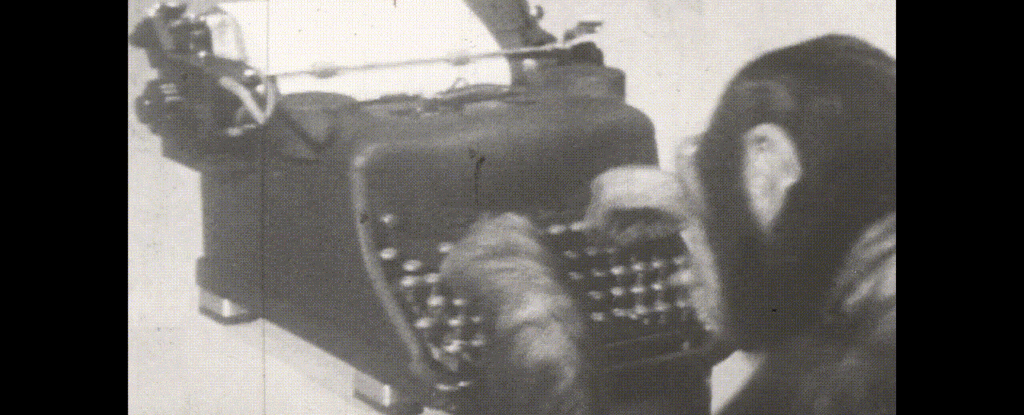
Google is reorganizing the hardware and services teams responsible for Pixel, Nest, and Fitbit devices. This change was announced to employees today, and Google confirmed the changes in a statement 9to5Google.
Previously, the Pixel, Nest, and Fitbit divisions had distinct, independent teams to handle aspects such as design, hardware architecture, software, UI, etc. Google's hardware efforts originally included a mini phone company, a smart home company, and a third. Wearable devices. This largely mirrors how Google bought Nest (in 2014) and then Fitbit.
In the reorganization, Google is shifting to a functional organization model where, for example, there will be one team responsible for hardware engineering across the Pixel, Nest, and Fitbit. As such, there will be one leader for this aspect of the products across all Google devices.
It remains to be seen whether this will lead to more unified products across different form factors, with the Pixel phone team remaining largely in place today from what we've heard. Looking at the technology landscape, Apple has a similar functional organizational model with software engineering, services, hardware technology, and central hardware engineering organizations.
As part of this reorganization, we learned that Fitbit founders James Park and Eric Friedman, as well as other leaders at Fitbit, will be leaving Google.
When Google completed its acquisition of Fitbit in January 2021, James Park remained as Vice President and General Manager of Fitbit. He continued to announce the Pixel Watch and Pixel Watch 2 for Google, making his last appearance in October. Besides smartwatches and trackers, Google's other wearable is the Pixel Buds range of headphones.
This reorganization will see Google lay off a few hundred roles across devices and services, though the majority occur within its first-party augmented reality hardware team. This downsizing indicates that Google is no longer working on its own AR hardware and is fully committed to the OEM partnership model. Employees will have the ability to apply for open roles within the company, and Google is providing the usual degree of support.
We reported last February that Google had shifted its work on augmented reality to the Android and hardware teams following the departure of a previous executive. Meanwhile, Google still owns Raxium, a microLED display startup it acquired in 2022.
Overall, Google says it remains “strongly committed to other AR initiatives” and points to existing AR features in Lens and Maps, as well as product partnerships. The latter specifically refers to Android XR's partnership with Samsung to develop the headset.
Google's full statement is below:
A few hundred roles are eliminated in DSPA with the majority of impacts on the 1P AR hardware team. While we make changes to the 1P AR hardware team, Google continues to be deeply committed to other AR initiatives, such as AR experiences in our products and product partnerships.
FTC: We use automatic affiliate links to earn income. more.

“Certified food guru. Internet maven. Bacon junkie. Tv enthusiast. Avid writer. Gamer. Beeraholic.”





More Stories
Nintendo is launching a music app with themes from Mario and Zelda, and more importantly, a Wii Shop channel
The Google Pixel Tablet 3 will take another step towards replacing your laptop
Apple still excels at building the best computers